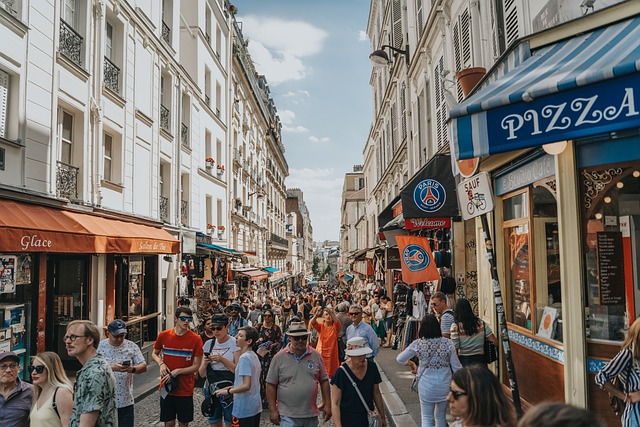How to help George overcome Paris syndrome during his two-week stay in Paris
George, a passionate traveler, had long nurtured a romanticized image of Paris as the epitome of love, beauty, and cultural charm. However, upon arriving in the city, he found himself confronted with a stark reality that shattered his lofty expectations. George began experiencing Paris syndrome, a psychological condition triggered by the stark contrast between the idealized perception of Paris and the actual experience.

Let’s help him:
- Acknowledge and validate his feelings: It’s important to let George know that his feelings and experiences are valid. Encourage open communication, allowing him to express his frustrations, disappointments, and anxieties without judgment.
- Provide support and companionship: Offer to accompany George during his explorations of the city. Having a supportive friend or family member by his side can help alleviate some of the feelings of isolation and anxiety. Engage in activities that he enjoys and create positive experiences together.
- Encourage self-care and relaxation: Help George incorporate self-care activities into his daily routine. Suggest taking breaks in peaceful parks or gardens, engaging in activities he finds calming or enjoyable, such as reading a book, practicing mindfulness, or enjoying a quiet café.
- Explore lesser-known areas of Paris: Encourage George to explore off-the-beaten-path neighborhoods or attractions that may align more closely with his expectations. These less crowded and more authentic places might provide a more enjoyable and fulfilling experience for him.
- Seek out familiar experiences: Help George find familiar elements within the city. This could involve visiting a Japanese cultural center or seeking out Japanese cuisine to provide him with a sense of comfort and familiarity amidst the unfamiliar surroundings.
- Encourage cultural immersion: Encourage George to engage with the local culture and customs. Suggest attending cultural events, visiting museums, or taking part in guided tours that provide insight into the history and traditions of Paris. This may help him appreciate the city on a deeper level.
- Consider seeking professional help if needed: If George’s symptoms worsen or persist, it may be beneficial to seek professional help. Encourage him to consult with a mental health professional, such as a psychologist or psychiatrist, who can provide the necessary support and guidance.
Remember, everyone’s experience with Paris syndrome is unique, and it’s essential to respect George’s boundaries and preferences throughout the process. Patience, understanding, and empathy will go a long way in helping him overcome this issue.



